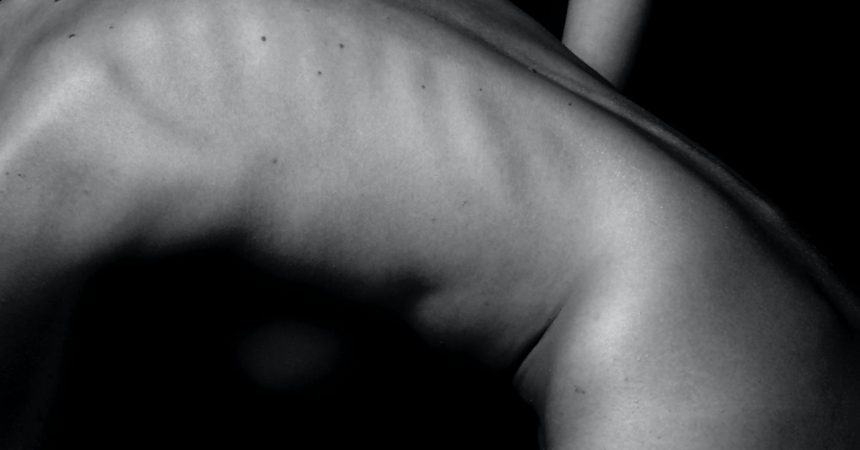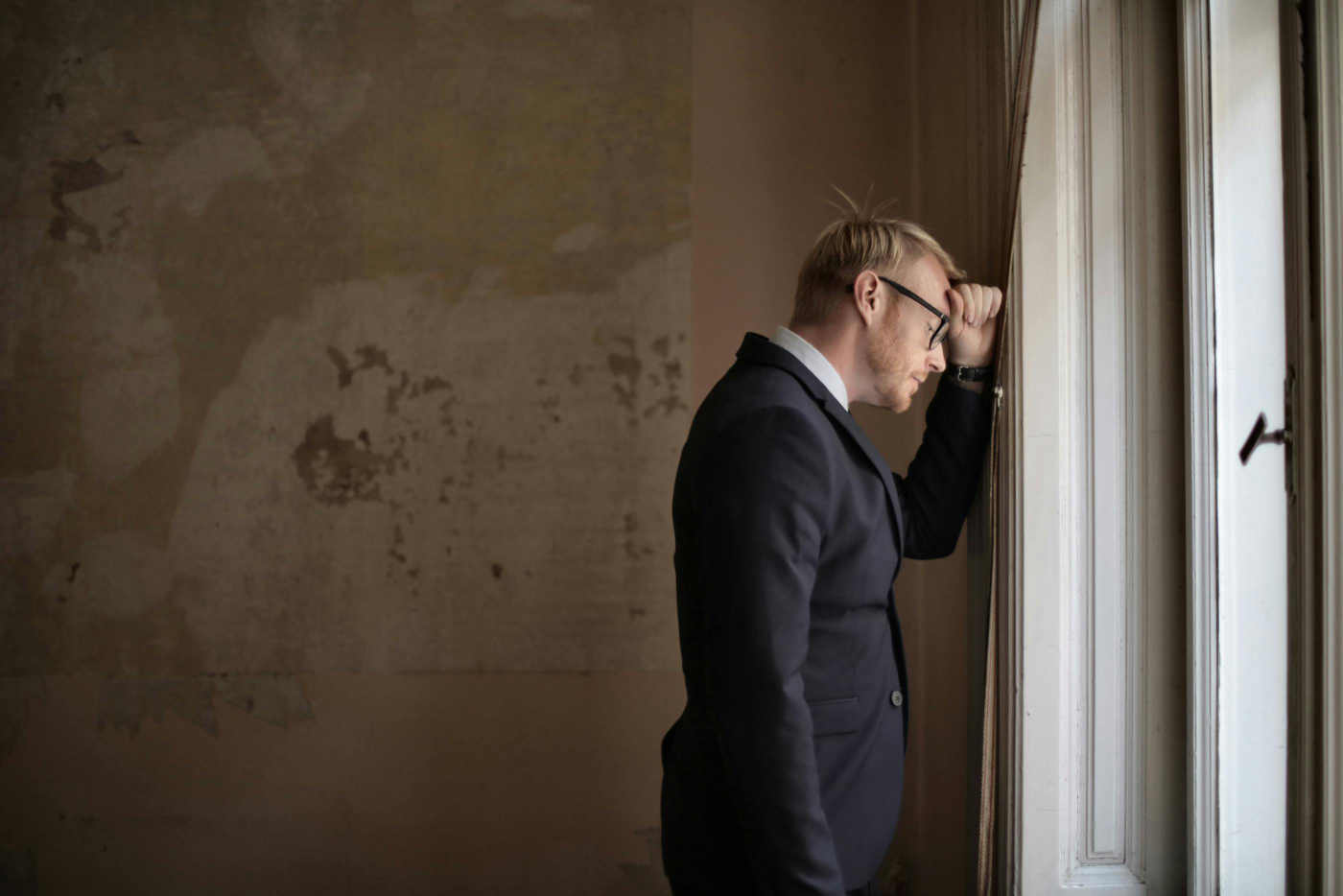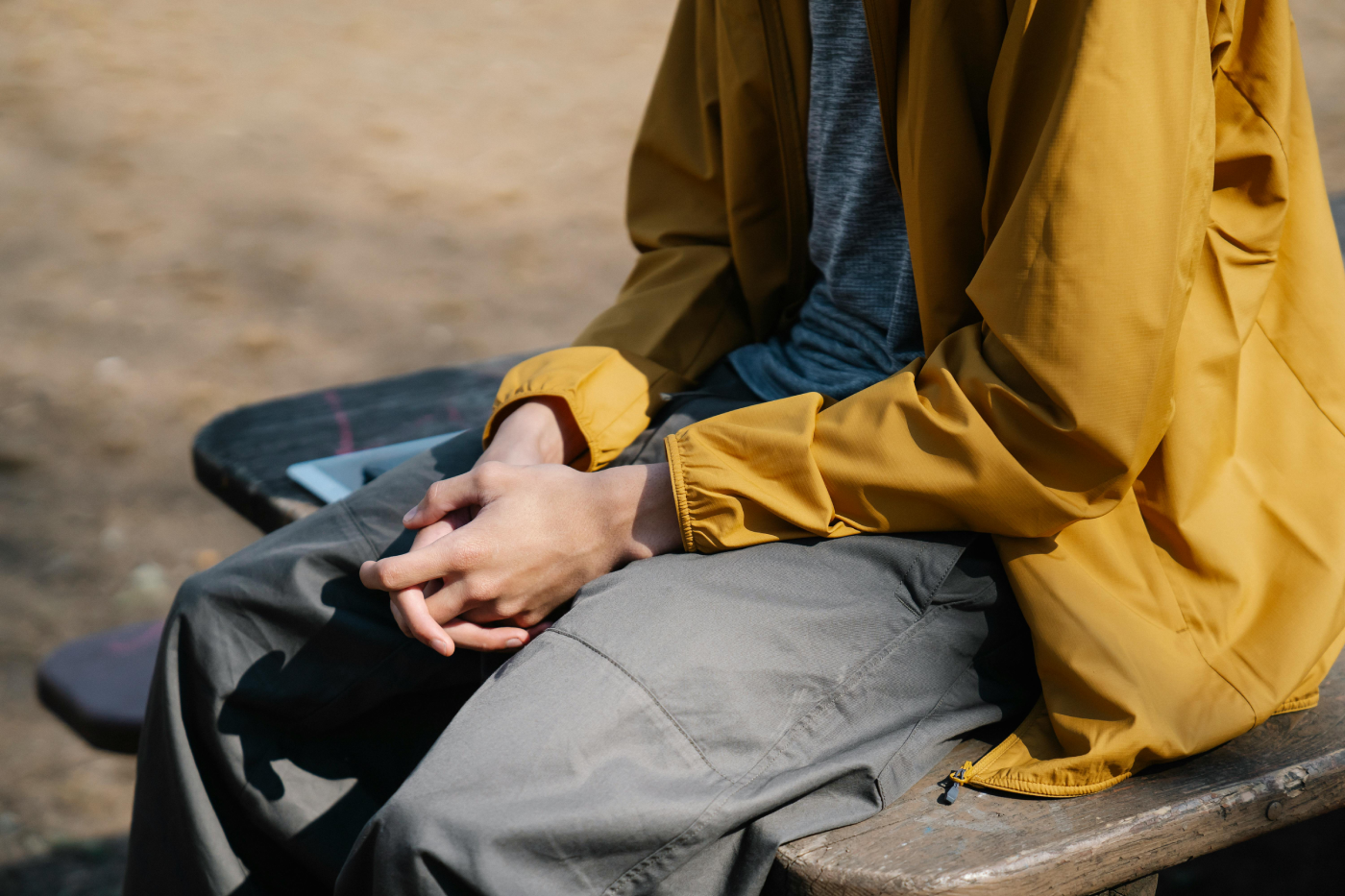What you need to know about negative body image?
Body image is how you perceive your own body when you look at a photograph of yourself in a mirror or how you imagine yourself in your mind. All of us are spitting images of pure beauty; however, individuals can often feel sad that they look a specific way. Many individuals have a very unhealthy body image. There are many signs that a person may begin exhibiting when they are struggling with their body image; this can include the following:
- How you feel about your body can include such elements as your:
- Height
- Weight
- Shape
- Skin color
- How you physically feel within your own body
- What you believe about your appearance can include:
- Assumptions
- Generalization
- Memories
- How you control your body as you move
- You understand what your body can do
- Your evaluation of specific parts of your body
- The behaviors that you believe are necessary to evaluate your own body
We often begin to internalize messages we hear from social media, those around us, and society at a very young age. We are constantly reaching for what we feel is the ‘perfect’ or ‘ideal’ body. According to research conducted in 2020, 40% -50% of first and second graders are already exhibiting signs that they do not like or feel comfortable in their bodies.
What we believe we want, or what society tells us we want, is often a curvy but thin body type for women, and for males, it is often a muscular but lean body type. These ideas of what we should look like are entirely unachievable and can cause long-term mental and physical illnesses.
Within this article, we will take a closer look at the mental health disorder negative body image, how we can identify if a loved one is displaying any symptoms or signs, and lastly, how we can help them.
Negative body image and additional issues
When an individual struggles with their body image, it is a common trait for them to begin experience other emotional and physical habits, which can include:
- Drastic eating restrictions
- Exercising more than twice a day
- Becoming obsessed with walking over 10,000 steps a day
- Calorie counting everything they eat
- Binge waiting late at night
Negative body image has been associated with various health conditions, some of which can have severe long-term effects such as infertility in women. Individuals that are severely unhappy with their body image are at a significantly higher risk of developing the following issues:
- Body dysmorphic disorder
- Severe mood swings
- Relationship problems with family and partners
- Self-harm
- Extreme low self-esteem
- Obsessive-compulsive disorder
- Eating disorders
- Social anxiety disorder
- Major depressive disorder
- Generalized disorder
- Binge eating
- Disordered eating
- Bulemia
Symptoms and signs of a negative body image
If you have ever wondered if you are experiencing a negative body image, there are several questions you can ask yourself to help you understand your mindset towards your own body. Many individuals ask themselves these questions while standing in front of a mirror, while others simply ask themselves in a safe, comfortable space.
- Am I taking significant measures to avoid always seeing my body?
- Am I creating problems with my partner, family, and friends to hide my unhappiness with my body?
- Am I compulsively checking my body by either?
- Weighing myself several times a day
- Constantly measuring myself
- Examining my skin all the time
- Pinching my skin
- Am I going to get more plastic surgery done?
- Am I using harsh or unkind words towards my own body?
- Am I intentionally damaging my skin?
- Am I only wearing baggy clothes because I want to hide my body?
- Am I only wearing all this makeup, so no one sees the real me?
If you answered yes to one or more of these questions, you might want to sit down and seriously consider talking to a counselor about the way you are currently viewing your body and how you can improve the way you view your body.
What are the available treatment options for negative body image?
If you or a loved one is experiencing negative body image, it can be an incredibly stressful, uncomfortable, and painful time; however, there are several treatment options available that can be tailored to everyone. Below, we will look at the most effective treatment options available for individuals who are experiencing negative body image. The first is:
Cognitive behavior therapy
Several studies have proved cognitive behavioral therapy is an effective treatment option that will allow individuals to identify why they are viewing their bodies in such a negative way and how to improve their mindset.
Your CBT therapist will often work with you to revise your self-critical language towards your body and develop various relaxation techniques to help relieve some of the stress associated with negative body image.
Medication
Medication is often a factor that is effective when combined with cognitive behavior therapy. Individuals who suffer from negative body image can be offered selective serotonin reuptake inhibitors, which are generally prescribed to people who suffer from anxiety disorders but can often be helpful with people who suffer from negative body image.
Psychotherapy
A psychotherapist will encourage you to talk through the causes, memories, triggers, and associations you may have that contribute to your body image. Talking through your experiences that may have led to a negative mindset may help reveal exactly when your negative attitude started about your body.
A therapist will help you identify and improve your mindset towards your body while educating you on the ways your negative body image can contribute to long-term mental and physical health issues.
You can choose between one-on-one or group therapy sessions when it comes to psychotherapy, depending on how confident you are feeling at the time.
Physical fitness therapy
Physical activity can release endorphins, a feel-good chemical within the body that helps fight against negative feelings such as anxiety accompanied by a negative body image disorder.
Overcoming negative body image
Reversing the damage resulting from negative body image takes a lot of time, effort, and patience; however, you can take steps to limit your exposure.
Below we have listed a few steps that we would know can help create a positive body image mindset:
- Detox from social media. This is so important. Social media is full of unrealistic body types, along with models who have had countless plastic surgery procedures. Furthermore, some sports athletes are on top of the world with their physique but still manipulate their bodies with design software to improve themselves. Detoxing from social media for even just a week allows your mind to rest.
- List things you love about your body. It doesn’t matter if it is something as small as your eyelashes. Write it down.
- Surround yourself with positive people who lift you in all aspects of your life
- Redefine what you believe is beautiful with your body and mind
- If you are addicted to social media, follow accounts about body positivity while trying to limit the number of celebrities and models you follow.
Please do remember that feeling negative towards your body is entirely normal; every single person in the world would have experienced this feeling at some point. However, it is essential to speak about it with a trusted family member, friends, or a medical professional to halt the disorder in its early phase.







